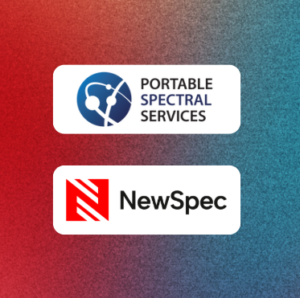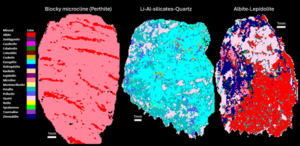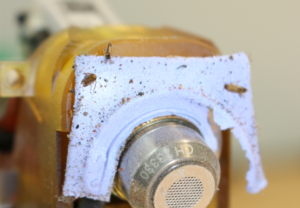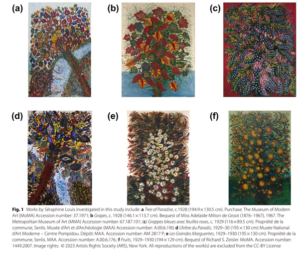
A Bright Future Ahead
Portable Spectral Services Announces Exciting Management Transition
Would you accept results from an assay laboratory that doesn’t use standards, duplicates, or blanks? Your answer should be an empathetic no! You should treat your pXRF analysis the same way otherwise; with no standard Certified Reference Materials (CRM) to compare to, it is just a random number generator.
For users of portable X-ray fluorescence (pXRF) instruments, routine analysis of CRMs can provide a baseline performance of the instrument and monitor the quality of your results during the sampling program. This allows the user to quantify the accuracy and precision of the results and check whether post-processing is necessary.
Firstly, manufacturers calibrate instruments to give an approximate result across the entire matrix types; they are unlikely to give you an exact result for your particular geologic environment.
As well, CRMs are certified using a different assay method to the portable XRF method, so they should only be used as a guide. If aqua regia is used in the certification of the CRM, then this will differ from the pXRF result as it only provides the total soluble analysis. Fusion XRF and ICP-MS correlate better with pXRF but again may not be suitable for all elements.
Portable Spectral Services sell a variety of CRMs in pXRF cups that cover a wide variety of matrices, elements and element concentrations.
Custom calibrations developed for a specific geologic environment can give increased accuracy and precision than a manufacturer calibration. A custom calibration can be created by obtaining CRMs suitable for your environment and/or creating CRMs using your laboratory assay results. Portable Spectral Services is a certified Bruker custom calibration provider and can develop a calibration specific to your geologic environment.
By keeping these points in mind you can be sure that your pXRF is fit for purpose and gain confidence in the results.


Portable Spectral Services Announces Exciting Management Transition

Our tool introduces uXRF (micro-X-ray fluorescence) scanning technology to RC chip analysis, enabling rapid, non-destructive, and quantitative analysis of major, minor, and trace mineral phases.

Automated micro-X-ray fluorescence (micro XRF) technology emerges as a powerful tool to rapidly and accurately capture the mineralogy of rock chip, RC and AC samples.

Findings of an ongoing regional evaluation study over concealed Proterozoic lithologies known to host magmatic nickel sulphides with potential to host other base-metal, gold and rare earth elements (“REE”) systems within the Fraser Range, Western Australia.

Findings of an ongoing regional evaluation study over concealed Proterozoic lithologies known to host magmatic nickel sulphides with potential to host other base-metal, gold and rare earth elements (“REE”) systems within the Fraser Range, Western Australia.

Findings of an ongoing regional evaluation study over concealed Proterozoic lithologies known to host magmatic nickel sulphides with potential to host other base-metal, gold and rare earth elements (“REE”) systems within the Fraser Range, Western Australia.
